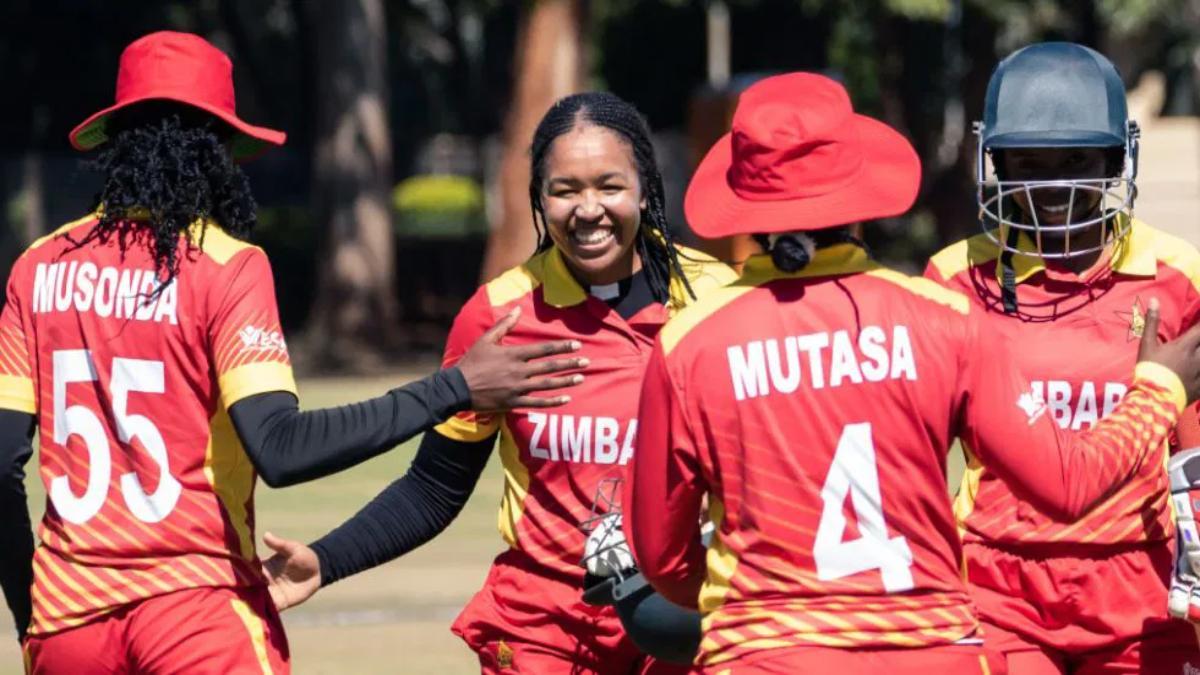The ICC Women’s Championship will now have 11 teams instead of just 10. Zimbabwe Women will compete in the 2026–2029 tournament among the other Full Member teams. Following the accession of Ireland and Bangladesh for the current 2022–25 cycle, the ICC announced earlier this month to the appropriate member boards that the multi-year Women’s ODI competition, which acts as a direct qualification road for the ICC Women’s World Cup, will once again expand.
In its inaugural cycle, which served as a qualifying route for the 2017 and 2022 Women’s World Cups, the Women’s Championship featured eight teams: Australia, England, India, New Zealand, Pakistan, South Africa, Sri Lanka, and the West Indies.
The eight teams competed in a series of three-match ODI series against each of their opponents at home or away over the course of 2.5 years (though the fixtures between Pakistan and India did not go ahead). The top three finishers plus the World Cup hosts qualified directly for the World Cup. Australia won the competition’s first two editions.
The competition was extended to ten teams for the 2022–25 cycle, with Bangladesh and Ireland being promoted as the ninth and tenth-ranked teams, respectively. In the current edition, the teams compete in eight series, either at home or away. The top five finishers, along with the hosts India, will advance to the 2025 World Cup, while the other four teams will compete for the final two qualifying spots at the 2025 Women’s World Cup Qualifier against Thailand and Scotland, the next best-ranked teams in the women’s ODI ranking.
With the exception of Afghanistan, which does not have a women’s team, all of the ICC’s Full Members will be represented in the upcoming league with Zimbabwe’s scheduled entry for the upcoming cycle.
The Netherlands (13th), Scotland (12th), and Thailand (9th) are the three Associate WODI teams that are currently ranked ahead of Zimbabwe, who were granted WODI status in 2021. However, it is understood that strategic and financial factors related to medium-term scheduling, fixture certainty, and the assurance that Zimbabwe, as a full member, would be able to fulfill touring and hosting obligations played a role in the decision to elevate them over Associate sides.
